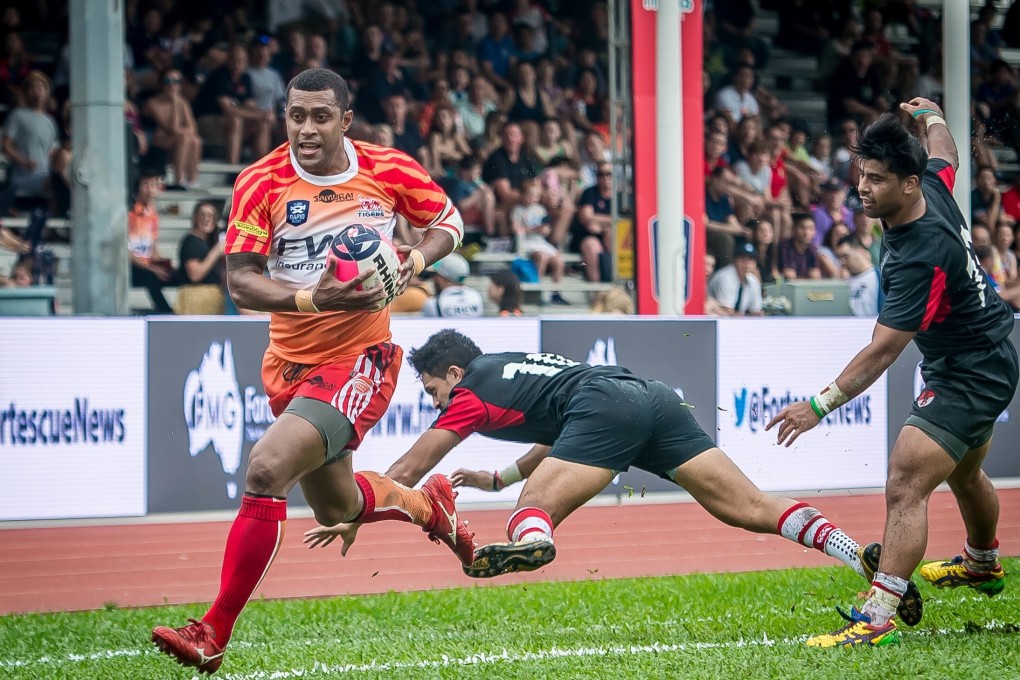Global Rapid Rugby in doubt after 2021 season cancelled due to Covid-19 – ‘It will have its place in history’
- Andrew Forrest’s innovative rugby competition put on hold as CEO Mark Evans steps down and competing teams weigh up future
- Hong Kong Rugby Union chief Robbie McRobbie says ‘putting on a competition in 2021 was just not going to be viable, unfortunately’

Global Rapid Rugby (GRR) has cancelled its 2020-21 season due to the Covid-19 pandemic, with looming uncertainty over competing teams and its chief executive also stepping down over travel restrictions.
The Hong Kong Rugby Union had helped in organising GRR’s tournaments throughout its encouraging-turned-inauspicious introduction to the world. HKRU chief executive Robbie McRobbie said organisers were prepared for the worst amid government-imposed safety protocols.
“We’ve obviously been in a standby situation for a while now,” McRobbie said. “There’s been a lot of uncertainty over the shape of rugby next year and we got to a position whereby we needed to get some clarity. We’ve been in ongoing contact with the [GRR] team and over the weekend they came to the conclusion that putting on a competition in 2021 was just not going to be viable, unfortunately.

“It’s disappointing from our point of view because we really believed that Andrew had come up with a really good product in terms of the law variations, the shape of the game, the exciting initiatives, and the high-level teams involved.”